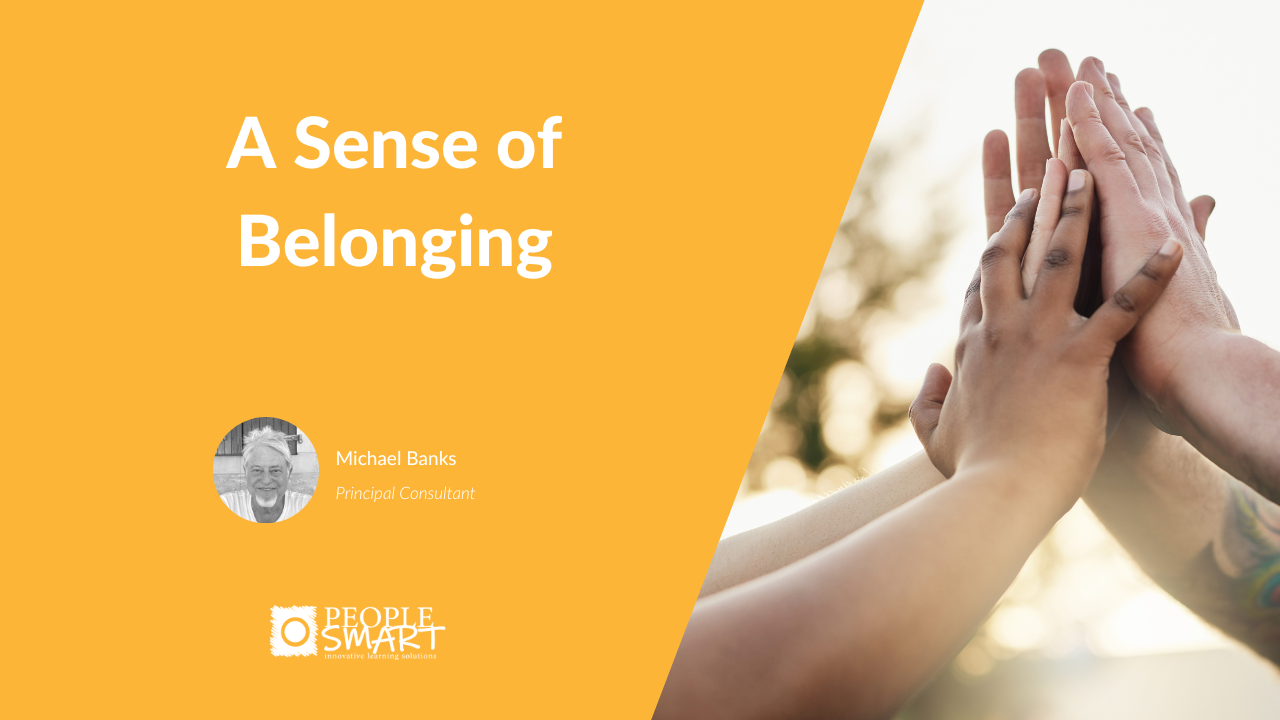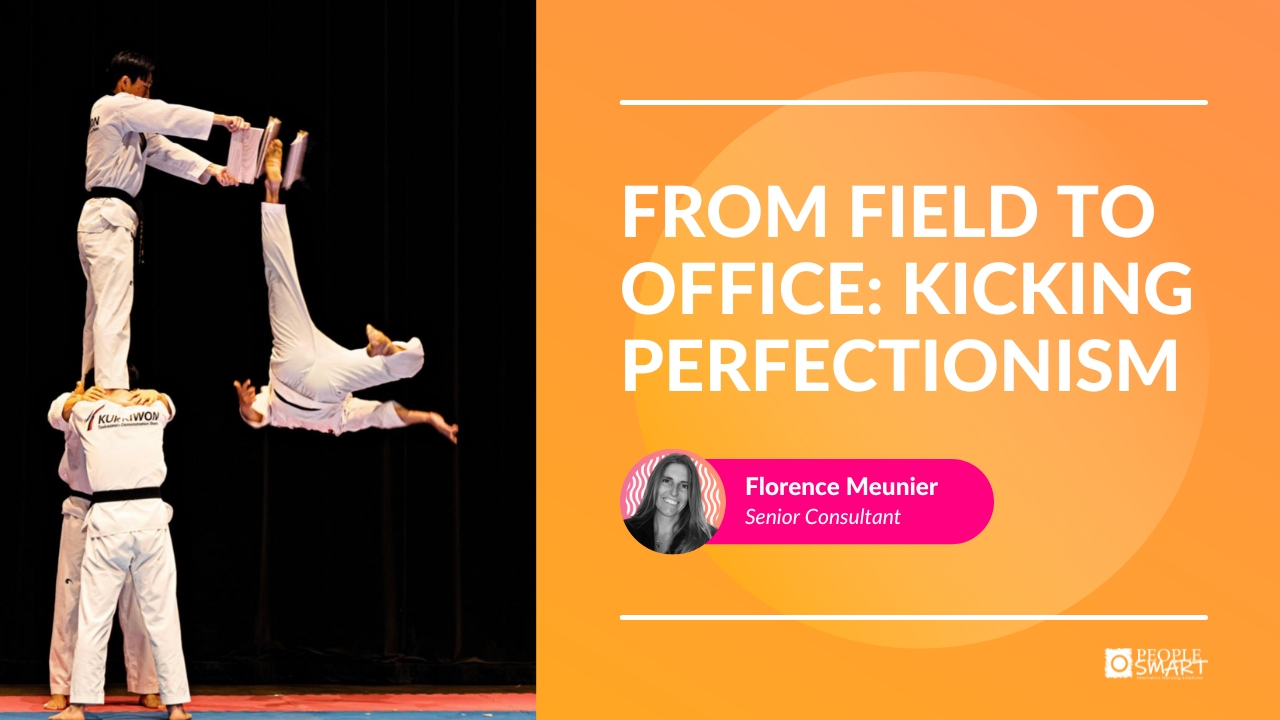Belonging is a fundamental part of being human: We need people and this need is hardwired into our brains. It is also irrefutable that employees are more committed, loyal, and productive the more they feel they belong.
Corporate leaders are always trying to optimize their workforce and if they are successful in generating a culture that values diversity and inclusion their people will feel that sense of belonging. Workers need to feel like they belong to something they value — and that they have the power to bring about change when it’s needed.
So what can you do to facilitate a sense of belonging, especially among new staff? Here are two areas you can focus on:
Be curious. Ask questions to find out about the person, their interests, and what really matters to them. People tend to warm to those who take an interest in them. There is nothing worse than being ignored. A recipe for alienation and isolation. The opposite of belonging.
This is just one aspect of really caring about people and conveying that to others. Bring in to play the whole array of Emotional Intelligence skills to ensure you’re paying attention to whether employees are being and feeling included. This requires a continuous prioritization of the well-being of others, looking and reaching out to them versus leading a self-absorbed work-life existence.
Create the conditions in which each employee feels valued, trusted, free to express, proud of association, part of an identity.
Create a compelling purpose and vision. To belong to an organization that is trying to make the world a better place is important to many more people than in the past. Research shows that this is especially true of the younger generations. And let’s remember that a department or business unit can have its own purpose and vision within the overall organization.
Other examples of entities that people want to attach themselves to include product pioneers and innovators (think Elon Musk) and radical approaches to organizational structures that challenge orthodox ‘business as usual’ (the ‘no rules’ approach I mentioned in my last article).
At this point, if you haven’t already done so, I’d like you to consider examples, in your own life, of the motivational power of belonging and the converse. What made you feel a powerful sense of belonging, what did you strongly identify with, and what caused you to feel alienated and ‘homeless’? Please recall and reflect on the actual behaviors and circumstances that were key to your experience of belonging or absence thereof.
For example, in my case, I was delighted to belong to a ‘special’ group of companies whose purpose and vision was to transform society through business. This suited my young idealistic ambition 100%!! In another company, I felt a part of a warm and caring community based on inclusive values and respect for diversity that the owners embodied. Each year we would strengthen the community by gathering for two days in person (some who lived overseas were flown in) to celebrate ourselves in different ways (through poetry, music, stories, games, etc.). It was about more than just about the business and I felt great about that!
Conversely, I once reported to a Managing Director in London who ignored me in the most icy cold manner for two years! No sense of belonging there!
And how about you? Do you really belong where you are? Are you motivated to give 110% of yourself, heart and soul to the enterprise you’re part of? And, if so, why is that? I’d bet money that at least a piece of your equation is about loving the people you work with and being appreciated and respected by others around you.
Now, finally, we must note that everything potentially has a downside or, as they say, these days, a dark side. Creating a culture and purpose that people can easily belong to is a vital aspect of attracting and retaining talent in these challenging times. But part of your responsibility is to catch yourself and the organization if belonging begins to manifest in ways that ultimately are self-destructive.
People can be seduced by the comfort and protection afforded by a strong sense of belonging and these dangers can manifest:
- In the charismatic leader who can do no wrong
- The tendency toward ‘groupthink
- Resistance to change and
- Fear of exclusion
In summary, it is important for your business to cultivate a strong sense of belonging in the employee population and that will increase as relations between people get stronger and deeper.
Michael Banks
May 2023
.
.
.
.
.
If you want to know more about PeopleSmart and the services we offer reach out to us for a conversation: contact@peoplesmart.fr






